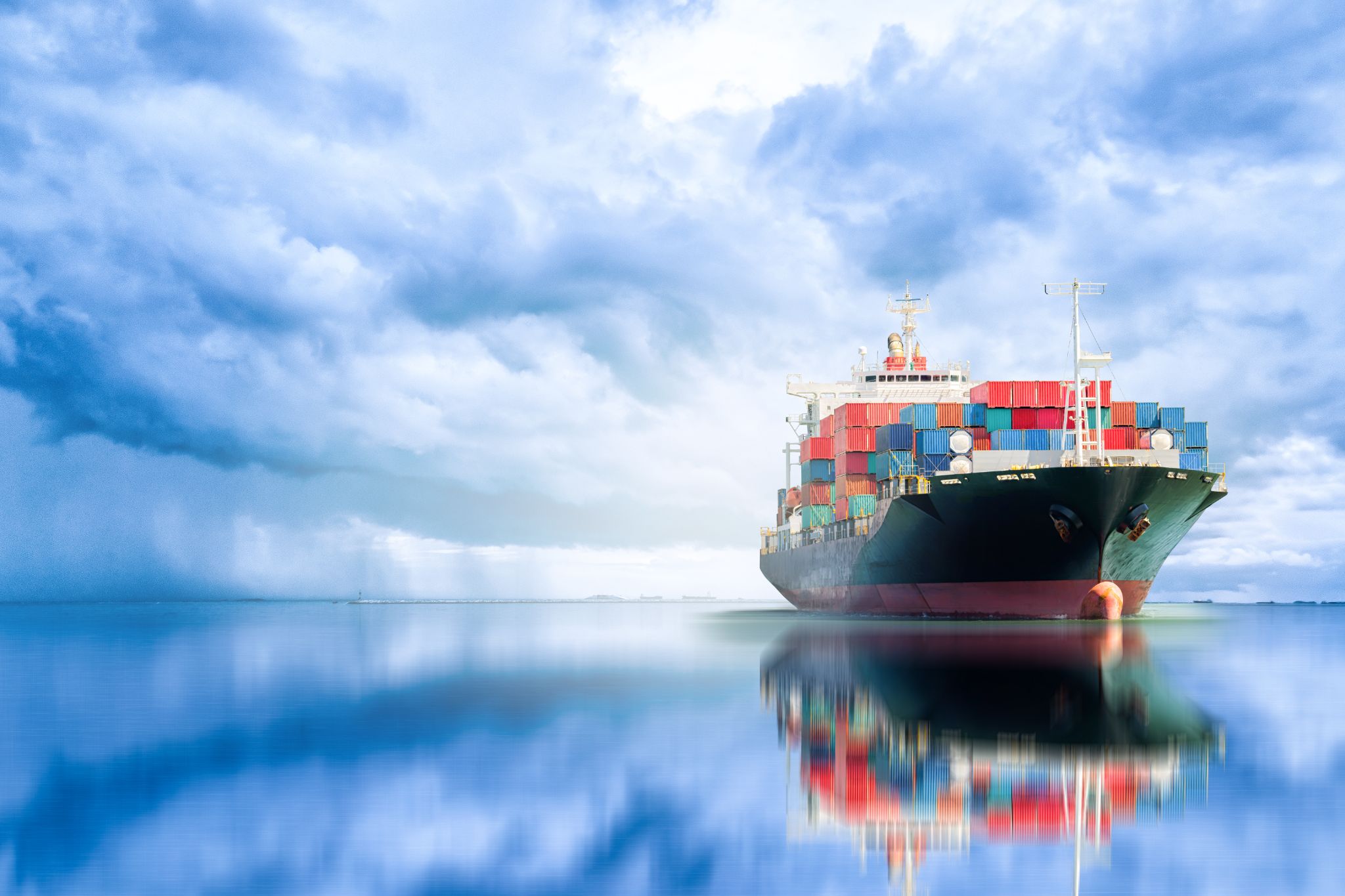
Introduction
Shipping is a vital component of international trade, and Nigeria, as a major player in the African economy, relies heavily on its ports and shipping industry. In this article, we will delve into the world of shipping in Nigeria, exploring the key aspects of shipping and shipping contracts, and how businesses can optimize their operations in this sector.
I. The Nigerian Shipping Industry Overview
1.1. Ports and Infrastructure Nigeria boasts several major ports, with Lagos Port Complex and Tin Can Island Port being the most prominent. These ports serve as gateways for goods entering and exiting the country. It’s crucial for businesses to understand the capabilities and limitations of each port when planning their logistics.
1.2. Regulatory Framework The Nigerian Maritime Administration and Safety Agency (NIMASA) is the regulatory body responsible for overseeing maritime activities in Nigeria. Understanding NIMASA’s regulations and compliance requirements is essential for any shipping-related venture.
II. Types of Shipping Contracts
2.1. Charter Parties Charter parties are agreements between shipowners and charterers. There are two main types: time charter and voyage charter. Time charters lease a vessel for a specific period, while voyage charters lease a vessel for a particular journey. Businesses must carefully negotiate charter party terms, including freight rates and laytime provisions.
2.2. Bill of Lading A Bill of Lading (BOL) is a crucial document in shipping contracts, serving as evidence of the contract of carriage and receipt of goods. Understanding the different types of BOLs and their implications is essential for importers and exporters.
2.3. Shipper’s Responsibilities Shippers in Nigeria must be aware of their obligations, including proper packaging, labeling, and documentation. Failure to meet these requirements can lead to delays, extra costs, and even legal disputes.
III. Key Considerations for Shipping in Nigeria
3.1. Customs and Tariffs Navigating Nigeria’s customs procedures and tariffs can be complex. It is crucial for businesses to stay updated on the latest regulations to ensure smooth import and export processes.
3.2. Security Piracy and theft are ongoing concerns in Nigerian waters. Businesses should implement security measures to protect their vessels and cargo.
3.3. Environmental Regulations Nigeria has enacted strict environmental regulations to protect its waters. Shipping companies must adhere to these regulations to avoid penalties and damage to the environment.
IV. Tips for Optimizing Shipping Operations
4.1. Efficient Logistics Invest in efficient logistics and supply chain management to reduce costs and transit times. Proper planning can help businesses avoid bottlenecks and delays.
4.2. Risk Management Mitigate risks by investing in insurance coverage for cargo, vessels, and crew. This will protect your investments in the event of unforeseen circumstances.
4.3. Legal Counsel Engage legal experts with knowledge of Nigerian maritime law to draft and review shipping contracts. Proper legal counsel can prevent disputes and protect your interests.
Conclusion
Shipping and shipping contracts in Nigeria are complex but essential aspects of international trade. By understanding the industry’s nuances, complying with regulations, and optimizing operations, businesses can navigate the waters of Nigerian shipping successfully and contribute to the country’s economic growth. Always seek professional advice and stay informed about the latest developments in this dynamic sector.